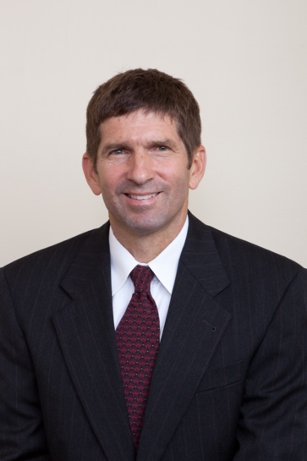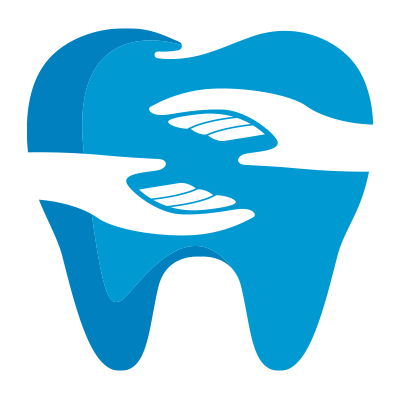Defining Special Needs Patients
Special Blog from Douglas Manning DMD, JD, MPH
Dental Director | DentaQuest | Florida
Time for Alignment and Action
Special needs is a term that many groups use to identify persons with a disability (impairment and handicap are other terms that may be used to describe a disability). Disabilities can be developmental or acquired; physical or intellectual. The term disability is more used to describe persons who have or are at an increased risk of having a variety of physical, developmental, behavioral, or emotional conditions and in many contexts is legally defined. In contrast the term special needs relates more to whether that disability requires special health services or accommodations.
The Americans with Disabilities Act (ADA) defines disability rather than special need. It defines a person with a disability as “as a person who has a physical or mental impairment that substantially limits one or more major life activity. This includes people who have a record of such an impairment, even if they do not currently have a disability. It also includes individuals who do not have a disability but are regarded as having a disability.”
It is important to remember that in the context of the ADA, “disability” is a legal term rather than a medical one. However, it’s definition is instructive as far as identifying a person with a disability.
In the dental setting, dentistry is dentistry – meaning specific dental diagnostic, preventive and treatment services are the same no matter who the patient. However, the extent of care (e.g., the frequency and type of diagnostic, preventive, and treatment services) and the mode of delivery (e.g., behavioral therapy, anesthesia/sedation) may vary depending on the disability and the severity of the disability.
For the disabled population, performing routine oral hygiene home care, accessing professional dental care, and giving informed consent concerning health care treatment may be significant issues. Some patients need routine dental care, but many have medical conditions or limitations that require accommodations as to the delivery of the dental care and treatments. However, a person who is disabled (or is considered disabled) does not necessarily need special services or an accommodation to deliver those services.
Subsequently, when we define special needs in dentistry it is these accommodations that are at the core of the determination and discussion.
Defining special needs is difficult due to the variety of possible conditions, the subjectivity involved in the determination process and the fact that there are no clearly defined parameters. However, it is an important first step to monitoring the burden of oral disease among this population (oral health outcomes, access to care, risk factors, etc.) and setting achievable state and local goals and objectives for improved oral health.
About the Author

